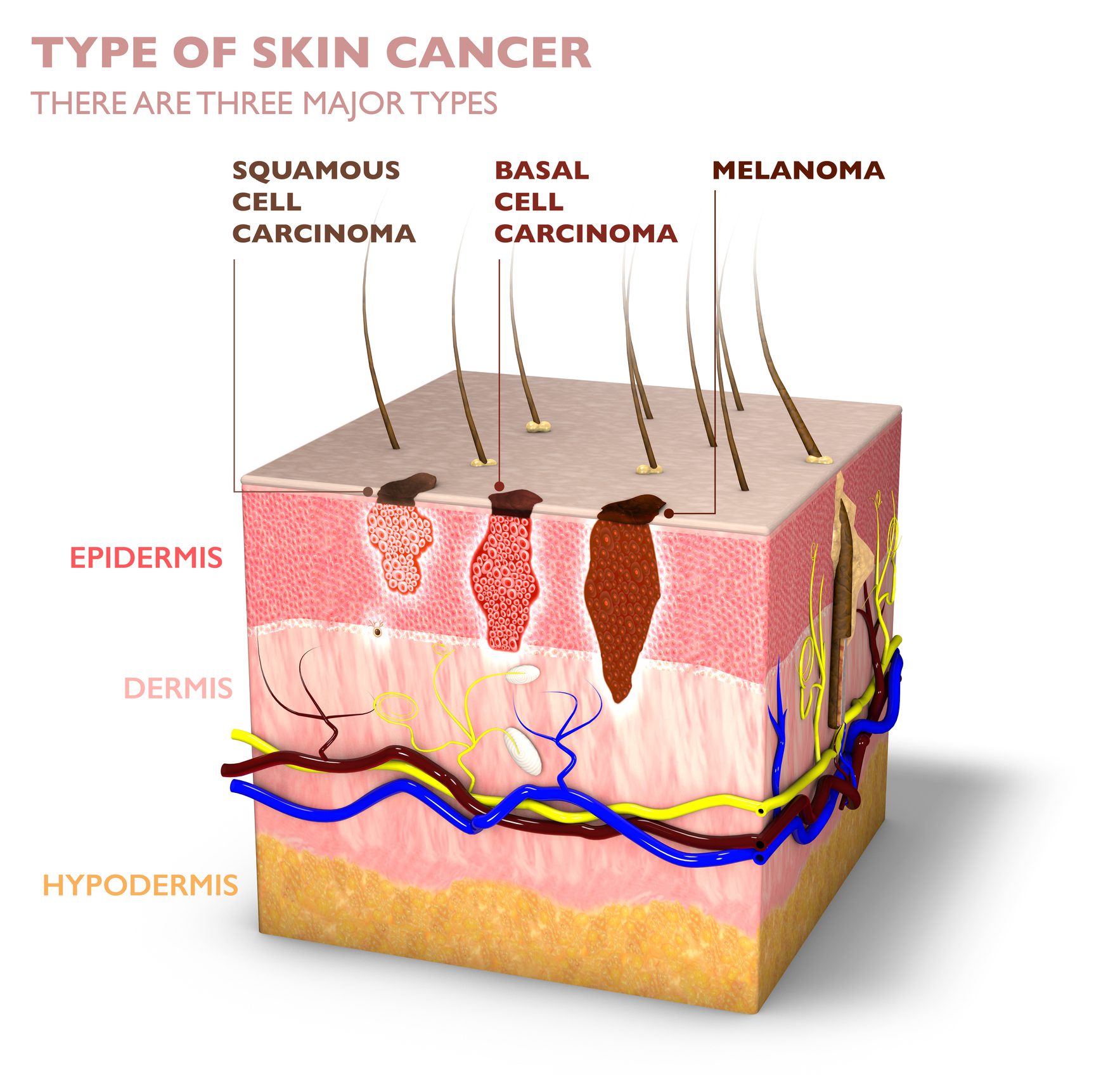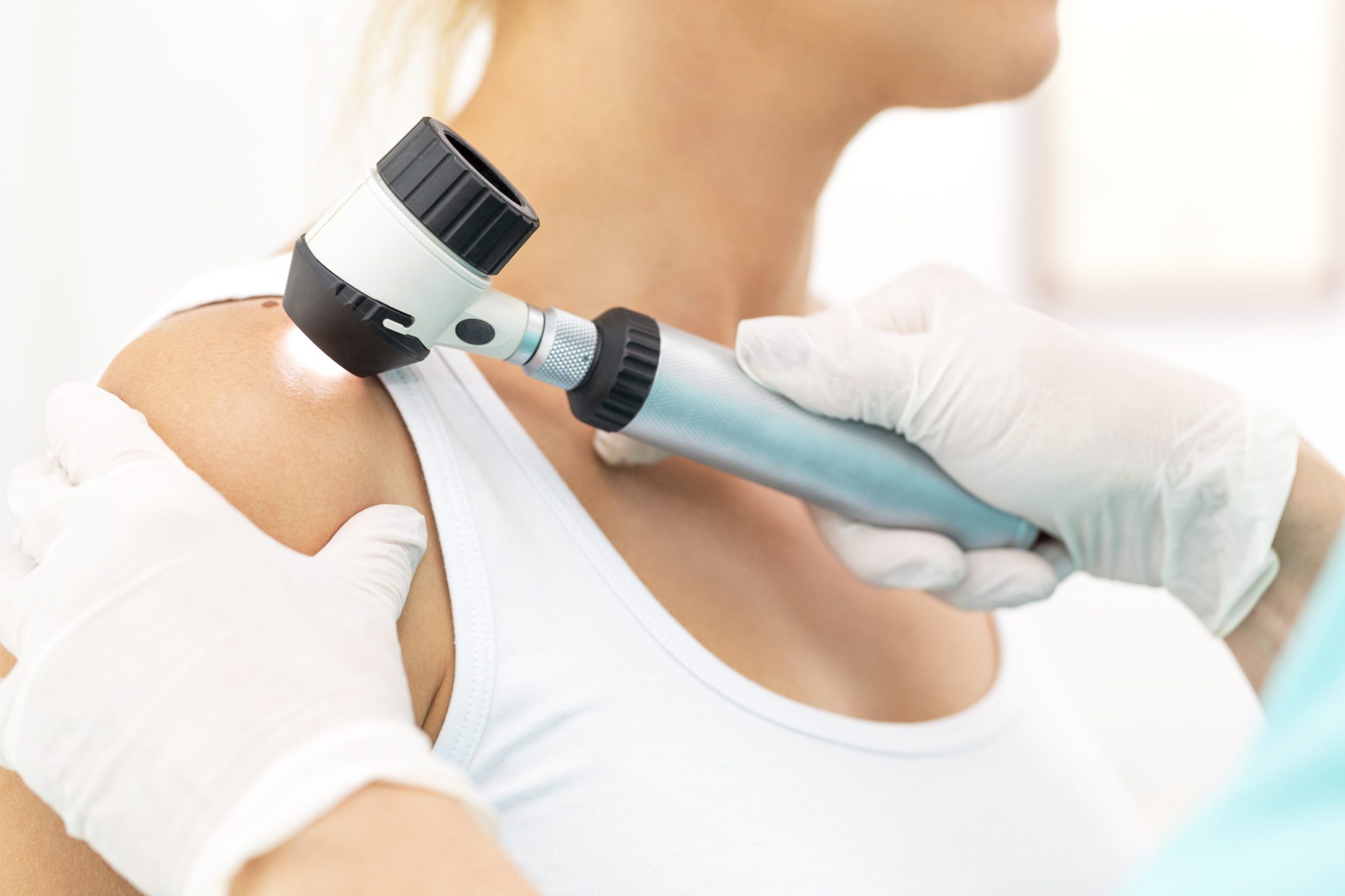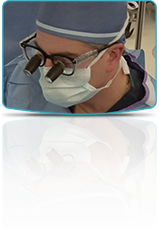Skin Cancer Reconstruction
 Skin cancer represents the most common form of cancer in the United States and its incidence continues to rise. There are many factors which contribute to your risk of developing skin cancer, some of which are under your control, others of which are not. These include number and severity of childhood sunburns, collective amount of unprotected sun exposure, amount of protective skin pigmentation (ie. skin complexion) and exposure to non-solar forms of UV radiation (eg. tanning beds). By recognizing these risk factors, you can take appropriate steps to minimize your chance of developing skin cancer. These include the avoidance of prolonged sun exposure (especially between the hours of 10 am and 2 pm during the summer months), use of sun-protective clothing such as wide-brimmed hats and long sleeves when going out doors for extended periods of time, use of a sunscreen with a sun protection factor (SPF) of at least 90 on any exposed skin, including frequent reapplication when swimming or sweating, and frequent skin self exams.
Skin cancer represents the most common form of cancer in the United States and its incidence continues to rise. There are many factors which contribute to your risk of developing skin cancer, some of which are under your control, others of which are not. These include number and severity of childhood sunburns, collective amount of unprotected sun exposure, amount of protective skin pigmentation (ie. skin complexion) and exposure to non-solar forms of UV radiation (eg. tanning beds). By recognizing these risk factors, you can take appropriate steps to minimize your chance of developing skin cancer. These include the avoidance of prolonged sun exposure (especially between the hours of 10 am and 2 pm during the summer months), use of sun-protective clothing such as wide-brimmed hats and long sleeves when going out doors for extended periods of time, use of a sunscreen with a sun protection factor (SPF) of at least 90 on any exposed skin, including frequent reapplication when swimming or sweating, and frequent skin self exams.
A history of recent change in the appearance of a mole, failure to heal despite appropriate care and symptoms such as ulceration, bleeding, pain, irritation or itching may all be relevant factors in the evaluation for possible skin cancer. When encountering a skin growth that demonstrates any of these characteristics, you should schedule an evaluation by a physician skilled in the diagnosis and management of skin cancer.
How is Skin Cancer Diagnosed?
In order to confirm a suspected diagnosis of skin cancer, a biopsy is required in which tissue cells removed from the growth in question are specially prepared for evaluation under a microscope. This biopsy may involve removal of the entire growth (ie. excisional biopsy) on just a portion of it (ie. incisional biopsy). Whichever technique is employed, biopsies provide invaluable information regarding the type of skin cancer which, in turn, determines the nature and extent of necessary treatment.
By in large, the primary treatment of skin cancer is surgical. However, radiation therapy and chemotherapy may have a role in the management of skin cancer in certain situations. Overall, there are 2 goals in the surgical management of skin cancers. The first is the complete removal of all skin cancer cells, as judged by microscopic verification of the absence of cancer cells at the edge of the surgical specimen. The second goal is the successful reconstruction of the defect resulting from skin cancer excision.
By virtue of their unique training and qualifications, you should be sure to seek the expertise of a board-certified plastic surgeon if you should require reconstruction following skin cancer excision. After obtaining a complete medical history, including the review of any pertinent medical records and/or pathology reports, and performing a focused physical examination, your plastic surgeon will outline a reconstructive plan which is most appropriate for your unique clinical situation. Keep in mind, no two reconstruction treatment plans are exactly alike and may vary based upon skin cancer type, size, depth, location and proximity to any critical functional or cosmetic structures.
How is Skin Cancer Treatment performed?

Performed under local injection or intravenous anesthesia in a State Licensed, Nationally Accredited Ambulatory Surgical Facility (see ‘about Keystone Surgery Center’), skin cancer reconstructions are procedures generally lasting between 30 and 90 minutes, depending on the complexity of the defect being reconstructed. When defects are limited to the skin and soft tissue, they can be reconstructed by the use of either skin grafts (ie. segments of skin obtained from an anatomically distant site and inset into the defect) or local flaps (adjacent tissue rearranged to resurface a defect). For deep or complex defects, more advanced techniques and multi-layer reconstructions may be required. After a brief recovery period, patients return home afterwards. Post-operative care and recovery period are dependent on the type and extent of reconstruction.
When considering skin cancer reconstruction, be sure to select a qualified, experienced plastic surgeon, certified by the American Board of Plastic Surgery (ABPS). As a board certified plastic surgeon with over 15 years of clinical practice experience and member of the American Society of Plastic Surgeons (ASPS) and American Society of Aesthetic Plastic Surgery Surgery (ASAPS-The Mark of Distinction in Cosmetic Plastic Surgery®), Dr. Robert Kimmel welcomes the opportunity to offer you optimal reconstruction following any skin cancer removal. From initial diagnosis to definitive treatment, Dr. Kimmel’s expertise will ensure that you receive ideal care while maximizing your functional and cosmetic outcome.
Skin Cancer Removal – Before and After Photos
Patient Testimonial
“Extremely professional. Discreet. And helpful. Dr. Kimmel is solely focused on your satisfaction, perfection and confidence in him and his work. Would highly recommend to anyone looking for help in this field of work ? His work is flawless. There are not enough kinds words for this man and the level of professionalism and kindness he shows his patients.”









 THE OFFICE
THE OFFICE